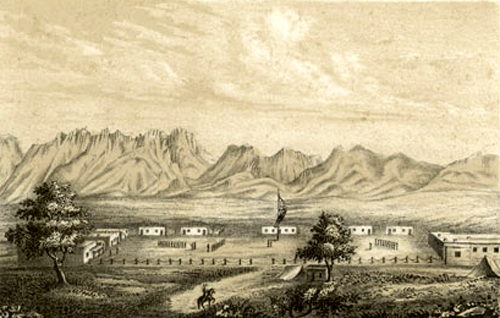- The pro-Union Second Wheeling Convention, the group of thirty-nine western Virginia counties which have seceded from the Commonwealth of Virginia, calls for the creation of the state of Kanawha. /1861
- President Jefferson Davis approves the addition of Confederate commissioners to Europe. Everyone hopes that an eloquent commissioner like Benjamin Franklin can acquire needed arms, supplies, and recognition from Great Britain, France, and Spain/1861
- Pro-Southern and Pro-Northern forces in Missouri battle it out at Jonesboro which follows a similar clash several days earlier at Klapsford. /1861
- US Major-General George B. McClellan assumes command of the newly organized Department of the Potomac, replacing the Departments of Northeastern Virginia, Washington, and the Shenandoah./1861




































